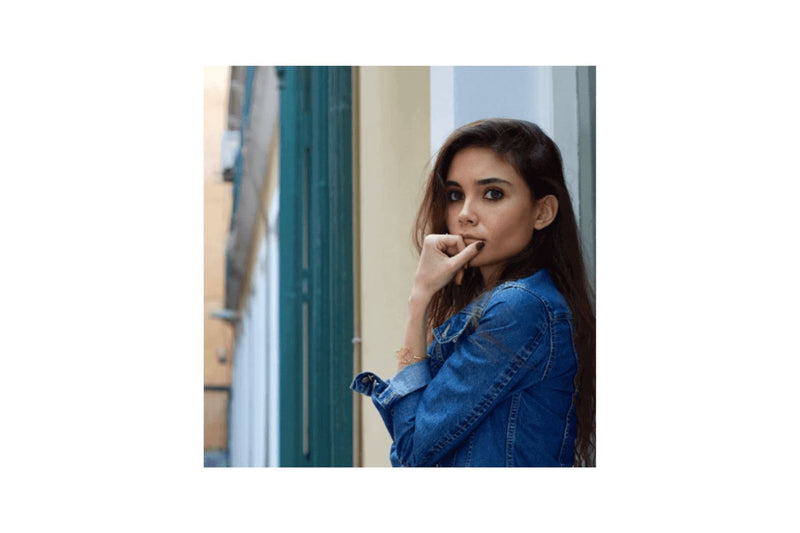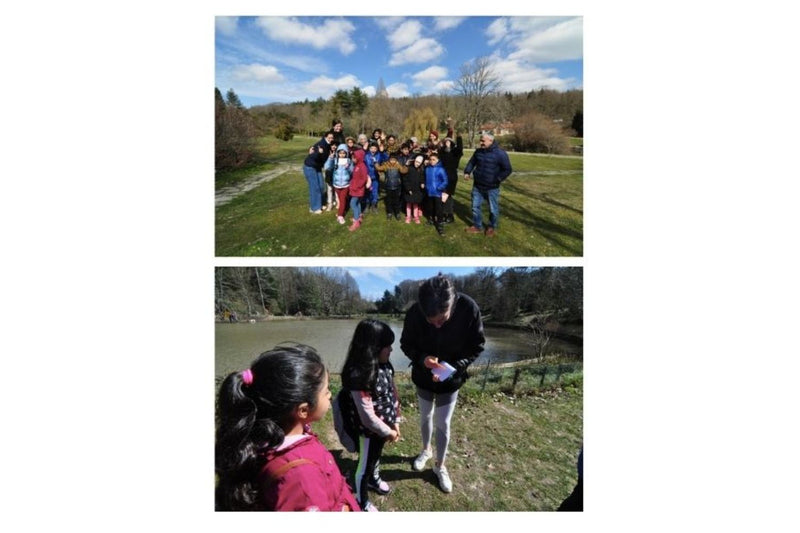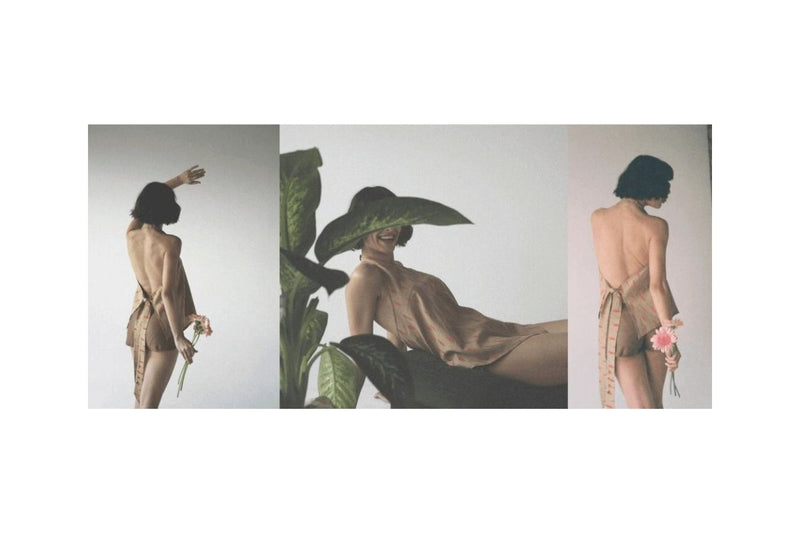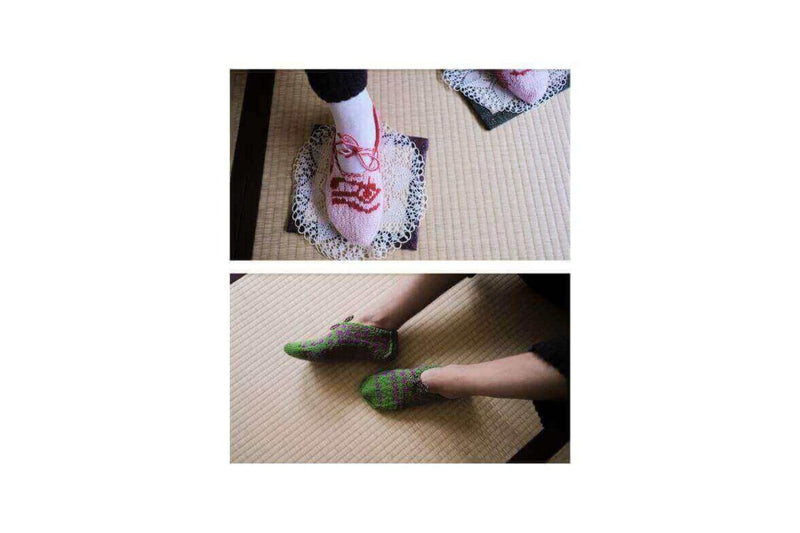Brand Stories – A Social Enterprise Brand: INCOMPLIT

We had the pleasure of interviewing Öykü Özgencil, the founder of INCOMPLIT, a social enterprise brand that draws inspiration from the imagination and stories of disadvantaged children for its collections.

First of all, can you tell us a bit about yourself?
I’m Öykü, the founder and, in a way, the researcher behind INCOMPLIT. I try to understand the topics I ponder by engaging with different communities, all the while uncovering the unknowns about myself. From the very beginning, INCOMPLIT was a deeply personal dream. As I grew and evolved, so did the brand. These days, I hesitate to even call it a “brand.” Since starting this journey around five years ago, I’ve never had a full-time teammate—it’s always been just me. That gives me even more freedom to explore. Although I often use “we” when answering interview questions, INCOMPLIT feels like my personal alias.
In brief, after graduating from the Public Affairs department at Paris I Panthéon-Sorbonne University, I challenged myself and stepped out of my comfort zone by completing a postgraduate marketing program at UC Berkeley. When I returned to Turkey, I founded INCOMPLIT with the drive to create social impact within the system.

Beyond being a women’s fashion and design brand, INCOMPLIT is more of a design studio that prioritizes values worth inspiring others with. Could you tell us a bit about its founding story?
INCOMPLIT is like an ever-changing organism—it can be a design studio, an art initiative, or even an artist. The only constant is its dedication to deeply researching social and ecological issues and fostering dialogue with the communities affected by them. The creative outcomes of this research and dialogue are then shared with the world.
Initially, though I don’t love the term, I started working with “disadvantaged” children and sharing their creative outputs through fashion design. The idea was to use fashion’s power as a medium to spread awareness about the issues we were tackling and work toward solutions. Fashion consumption became a means to fund the workshops we designed for the children we collaborated with. Over time, our commitment to ecology led us to prioritize sustainability not just socially but also ecologically. Throughout all processes, we stayed equally sensitive to both people and nature. Additionally, we donated part of our profits to NGOs that helped us connect with the children.
Fashion design, being a female-dominated discipline, also allowed us to engage with and listen to various women producer communities. This awareness naturally evolved our focus to include both children and women. Today, I define INCOMPLIT as a creative studio centered on textiles and communities. It’s not just about creating fashion collections—I can channel my ideas through a book or a project developed for a design biennale.

Could you tell us about the workshops and initiatives you’ve carried out under INCOMPLIT?
At INCOMPLIT, we design thematic workshop series for various NGOs and cooperatives. These themes range from marine life to gender equality. The goal is to create a space for human dialogue where we listen to the communities we meet and exchange ideas. It’s not about offering didactic education but rather co-designing a process of mutual discovery. Artists from various disciplines join us, adding richness to the atmosphere. In the end, we produce creative outputs reflecting our shared exploration of the theme and present them through various mediums to wider audiences.

What kind of person do you think loves and uses INCOMPLIT’s products?
I imagine someone who questions the status quo and norms, someone curious about the stories behind everything they encounter, whether it’s people or objects. They enjoy thinking and exploring the deeper layers of reality :)

Each of your collections has a unique name and highlights thought-provoking stories. What inspires these names?
The names are entirely built around the societal or ecological themes we explore and produce with the communities we engage with. The topics and narratives of the workshops often serve as the inspiration long before the collections are even conceived.

Finally, you carried out a project called “In Her Shoes,” which resulted in a limited-edition slipper series. Could you tell us more about it?
In Her Shoes emerged as a social art practice combining long-standing interests of mine—women’s rights, invisible labor, and feminist art. Our dream was to create a dialogue around womanhood through handicrafts with skilled women artisans. Due to COVID-19, this dream took a slightly different form, with the project unfolding in individual homes and neighborhoods rather than shared physical spaces.
The project involved 13 women, focusing on their artistic production as a form of self-healing. It blended two branches of art—handicrafts like knitting and performance art—that feminist art often draws from and that offer meditative and restorative effects during creation. Six women crafted slippers adorned with motifs symbolizing healing in Eastern cultures, while seven female performance artists interpreted these works. Together, they created In Her Shoes, a community-centered art project. By offering replicas of the slippers for sale, we aimed to make the project more accessible.

Do you have a goal or vision for the future of INCOMPLIT?
I dream of continuing INCOMPLIT’s “community-centered art practice” with diverse communities in different physical spaces. My hope is to collaborate with more minds, create collectively, and learn from them.